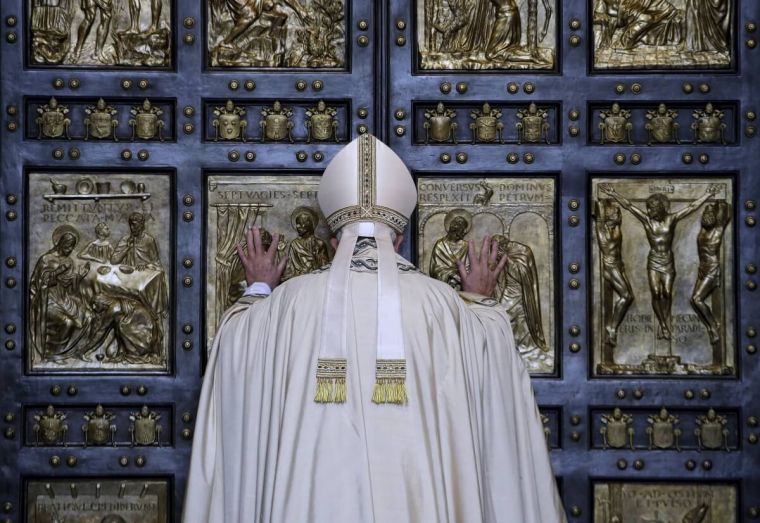Pope Francis faces traditionalist criticism over plans to commemorate Reformation

Traditionalist Roman Catholics have hit back at the Vatican over plans for joint commemorations of the beginning of the Reformation next year.
The Lutheran World Federation (LWF) and the Roman Catholic Church have issued joint guidelines for celebrating the 500th anniversary of Martin Luther's 95 Theses in ecumenical services. Contained in a booklet entitled Common Prayer, the material includes prayers, suggestions for hymns and themes for sermons.
The guidelines say services should stress thanksgiving, repentance and common commitment, with the main focus on Jesus.
In a letter to Lutheran and Catholic leaders, LWF general secretary Rev Dr Martin Junge and the President of the Pontifical Council for Promoting Christian Unity, Cardinal Koch, say: "This common prayer marks a very special moment in our common journey from conflict to communion. We are grateful for being able to invite you to participate in this journey in witnessing to the grace of God in the world."
However, according to the conservative Rorate Caeli website, the material gives far too much away to the Protestant side and has "dangerous implications". It criticises the support expressed by a Vatican spokesman last year for the renaming of a square in Rome in honour of Luther, and the publication in October last year of the Declaration on the Way: Church, Ministry and Eucharist document, which calls for "the expansion of opportunities for Lutherans and Catholics to receive Holy Communion together".
It also refers to Pope Francis' visit to a Lutheran church in Rome where he appeared to give an ambiguous answer to a Lutheran woman who asked whether she could receive communion with her Catholic husband.
Of Common Prayer, it says that it is "characterised by the dominance of Protestant material, and the one-sided praise for the Reformation while nothing at all is said about – or taken from – the distinctive elements of Catholic history, theology and heritage".
It adds: "The troubles that came from the Reformation are thoroughly glossed over in the 'Repentance' section of the service that covers doctrinal disagreements and historical tragedies in banal generalities which equally blame Lutherans and Catholics. The overwhelming emphasis in this service is on what supposedly unites Catholics and Lutherans, while the doctrines that 'divide' us – doctrines for which innumerable Catholic martyrs and confessors suffered, bled, fought and died – are left unmentioned and abandoned."
While the sense of new openness to other Christians in the Roman Catholic Church generated by Pope Francis' distinctive style and calls to unity has been widely welcomed, it has met solid resistance from many conservatives anxious that Catholic distinctives are being eroded. The Pope's enormous popularity outside the Church is not always matched by a similar warmth toward him inside it.











